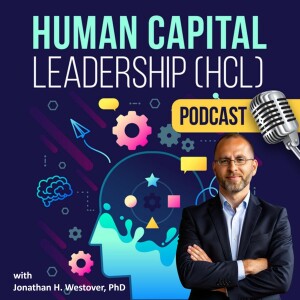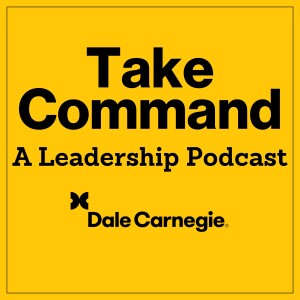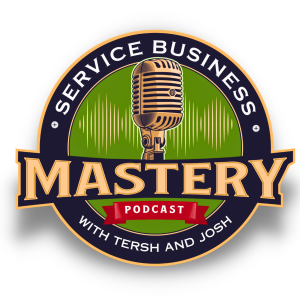

This episode explores the dual nature of building an enduring and innovative organization, drawing parallels between ancient philosophy and modern creative powerhouses like Pixar. It presents a central thesis that sustainable success requires mastering two seemingly contradictory forces: the need for a stable, protected structure and the need for constant, chaotic exploration. The discussion uses Aristotle's political analysis and Xenophon's military strategies to build a foundation for understanding Pixar's unique approach to managing creativity.
The first part of the argument focuses on the necessity of a strong, stable core, much like Aristotle's view of a state's constitution or a military's fortified position. This involves creating a culture of trust, as seen in Pixar's Brain Trust, where candid feedback can be given safely because of a shared commitment to the collective good. This trust is reinforced by clear leadership principles, such as ensuring decision-making authority rests with the person closest to the work, not necessarily the highest in the hierarchy. This structure acts as a fortress, protecting the organization and providing the psychological safety needed for real innovation to occur.
However, a fortress alone leads to stagnation, which introduces the second critical element: the "frisky dog" of creative exploration. This is the part of the organization that must be allowed to wander, make mistakes, and pursue inefficient, unpredictable paths to discover something truly new. The episode concludes that the art of building to last lies in the leadership's ability to hold these two forces in balance—maintaining the stable fortress of trust and structure while simultaneously unleashing the messy, unpredictable energy required for genuine breakthroughs.
More Episodes
All Episodes>>You may also like
Create Your Podcast In Minutes
- Full-featured podcast site
- Unlimited storage and bandwidth
- Comprehensive podcast stats
- Distribute to Apple Podcasts, Spotify, and more
- Make money with your podcast












